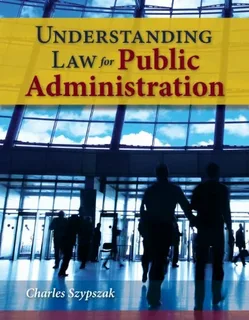Washington, D.C., the capital of the United States, has a unique legal framework that sets it apart from the rest of the country. This article provides an overview of D.C. law, including its structure, types of law, court system, and resources for legal representation.

The Legal Framework of D.C.
D.C. operates under a distinct set of laws and regulations that differ from state laws. As a federal district, it is governed by both local statutes and federal laws. The primary sources of law in D.C. include:
- D.C. Code: This is the official compilation of the laws of the District of Columbia, covering various legal topics.
- Regulations: Issued by various government agencies, these rules provide detailed guidelines for implementing laws.
- Federal Law: Given its status as the nation’s capital, federal laws play a significant role in shaping D.C. law.
Types of Law in D.C.
D.C. law encompasses a wide range of legal fields, including:
- Administrative Law: Governs the activities of government agencies and ensures compliance with regulations.
- Criminal Law: Addresses offenses against the state, including misdemeanors and felonies.
- Family Law: Covers issues such as divorce, child custody, and adoption.
- Personal Injury Law: Involves cases where individuals seek compensation for injuries caused by others’ negligence.
- Employment Law: Regulates employer-employee relationships, including labor rights and workplace discrimination.
The Court System
D.C. has a structured court system, which consists of:
- Superior Court of the District of Columbia: This is the trial court for local cases, handling civil, criminal, family, and probate matters.
- District of Columbia Court of Appeals: This appellate court reviews decisions made by the Superior Court and addresses federal cases related to D.C. law.
- Federal Courts: The U.S. District Court for the District of Columbia handles federal matters, including cases involving federal law and constitutional issues.
Legal Representation in D.C.
Finding qualified legal representation is crucial for navigating D.C. law. Here are some tips:
- Research Law Firms: Many law firms in D.C. specialize in various fields. Look for firms with a strong reputation in the specific area of law you need assistance with.
- Consult the D.C. Bar Association: The District of Columbia Bar Association provides resources for finding attorneys, including a lawyer referral service that connects individuals with legal professionals based on their needs.
- Consider Pro Bono Services: Many organizations in D.C. offer free or low-cost legal assistance for those who cannot afford representation. These services often cover areas like housing, immigration, and family law.
Continuing Legal Education
D.C. lawyers are required to complete continuing legal education (CLE) courses to maintain their licenses. This requirement ensures that attorneys stay updated on legal developments, trends, and best practices, which ultimately benefits their clients.
Conclusion
Navigating the complexities of D.C. law can be challenging, given its unique legal framework and the interplay of local and federal regulations. Understanding the types of law, the court system, and available resources is essential for anyone seeking legal assistance in the District of Columbia. Whether you need a lawyer for a personal injury case, family matter, or criminal defense, there are numerous resources available to help you find qualified legal representation. If you have specific legal questions, consulting a qualified attorney is always advisable to ensure you receive the best guidance tailored to your situation.